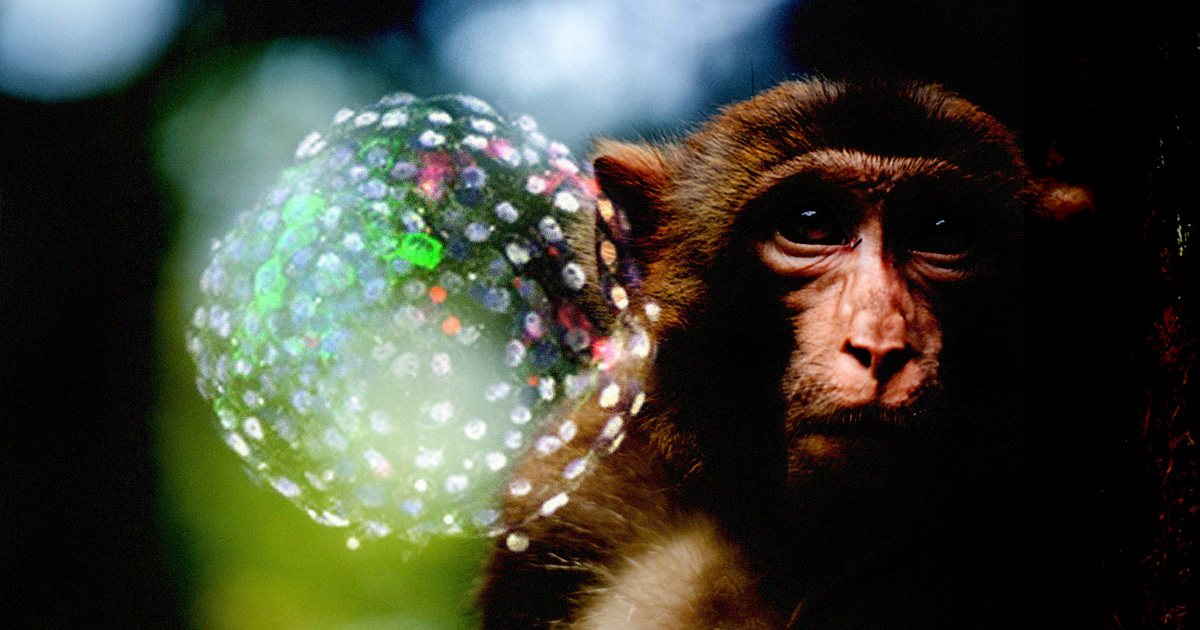A recent study has sparked a new ethical argument on human stem cell experiments grown in monkey embryos. According to BBC News, scientists inserted human stem cells (cells that can grow into different human body parts) into monkey embryos.
Previous human-animal hybrids
Surprising as it might sound, this is not the first case of mixed-species embryos. Similar experiments have been done on sheep and pigs with human stem cells.
The developing embryos were observed for 20 days by a team led by the US-based Salk Institute’s Professor Belmonte. The professor was also part of the team that was involved in making the first pig-human hybrid.
Another BBC report says that this is the first evidence of chimeras and is named after the mythical lion- goat- serpent monster. The chimera can be made from a combination of human and animal parts.
Professor Belmonte says that their study could open doors to solving the problem of few transplantable human organs. It can also help study the development of humans, aging, and the progression of the disease.
These methods could be beneficial to the advancement of biomedical research. They can further be used to solve mysterious age-related diseases.
Legal and ethical challenges
The professor continued by explaining that their study had met many legal and ethical battles. He added that they only conducted such studies for research purposes.
Despite the study’s promising findings, some scientists were unhappy that the embryos were terminated at only 20 days. Some claim that they would have undertaken the work longer. They also elicited a public debate on the implications of creating chimeras that are part human, part nonhuman.
Dr. Anna Smajdor, a lecturer at the University of East Anglia, commented on the study by saying that it postured many legal and ethical challenges. She added that the scientists who worked on this study said that chimeras offered researchers a chance to conduct experiments that couldn’t be done on humans. She continued by saying that whether the chimeras are human or not is up for discussion.


